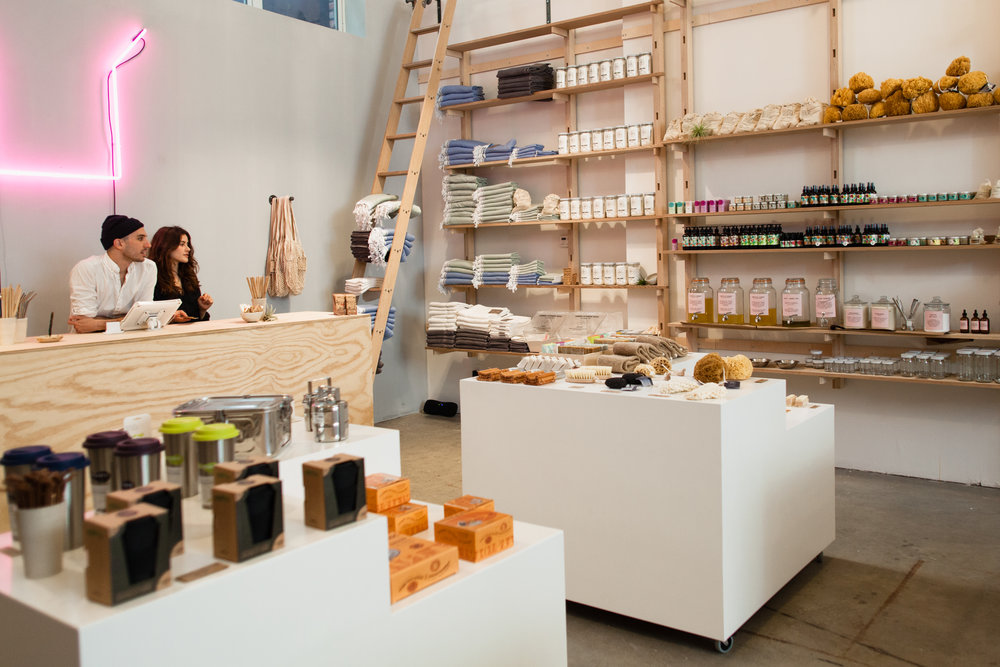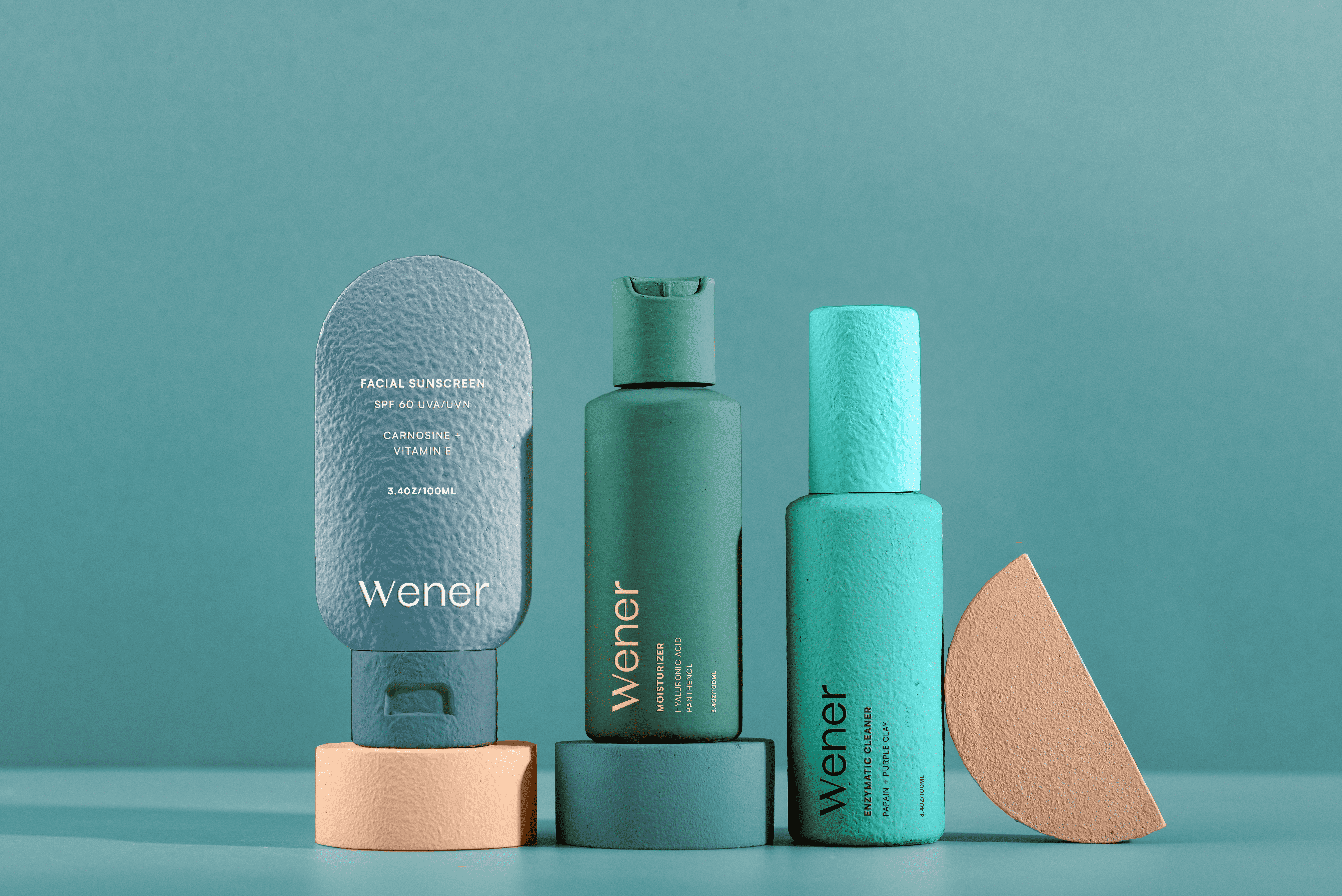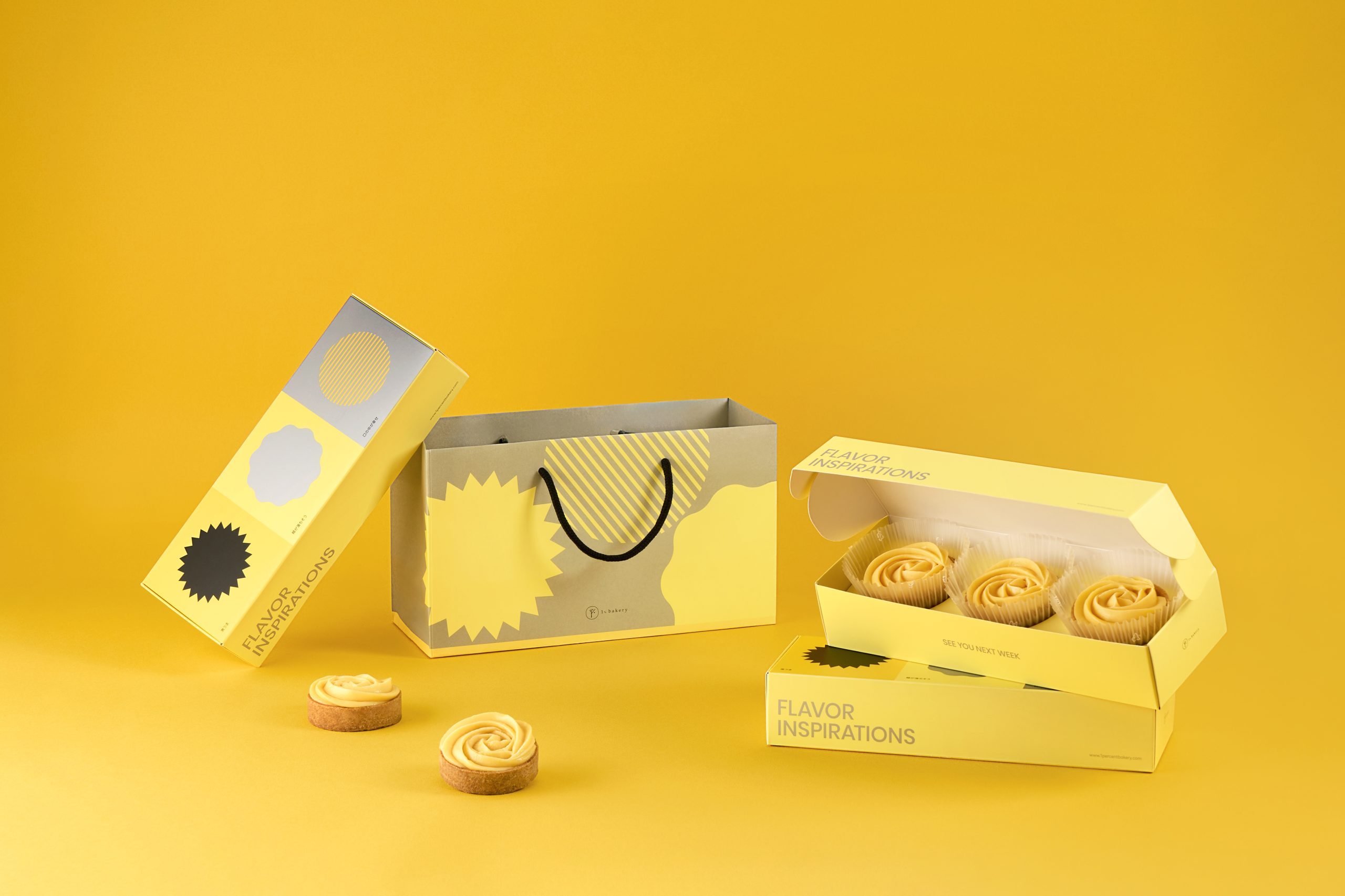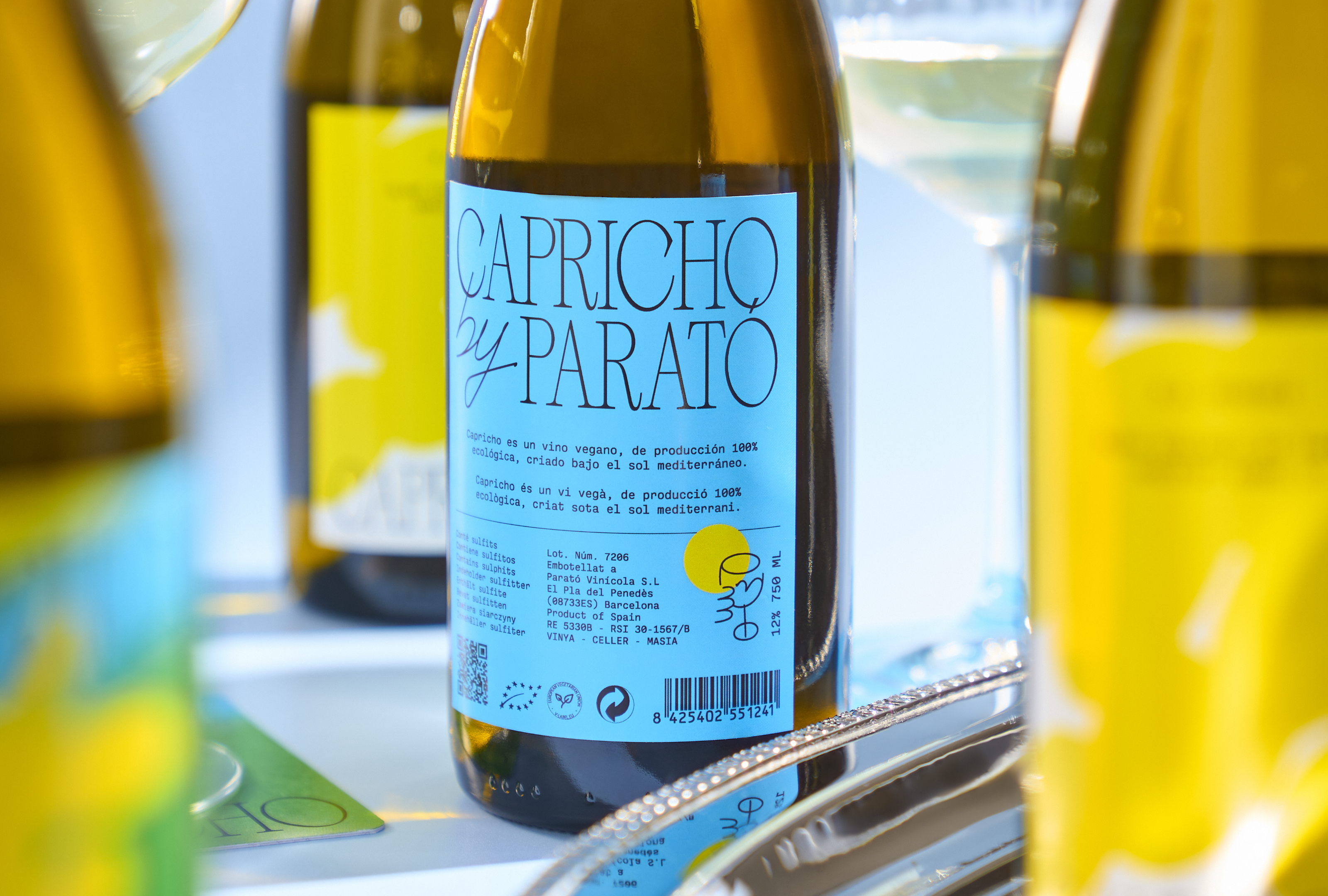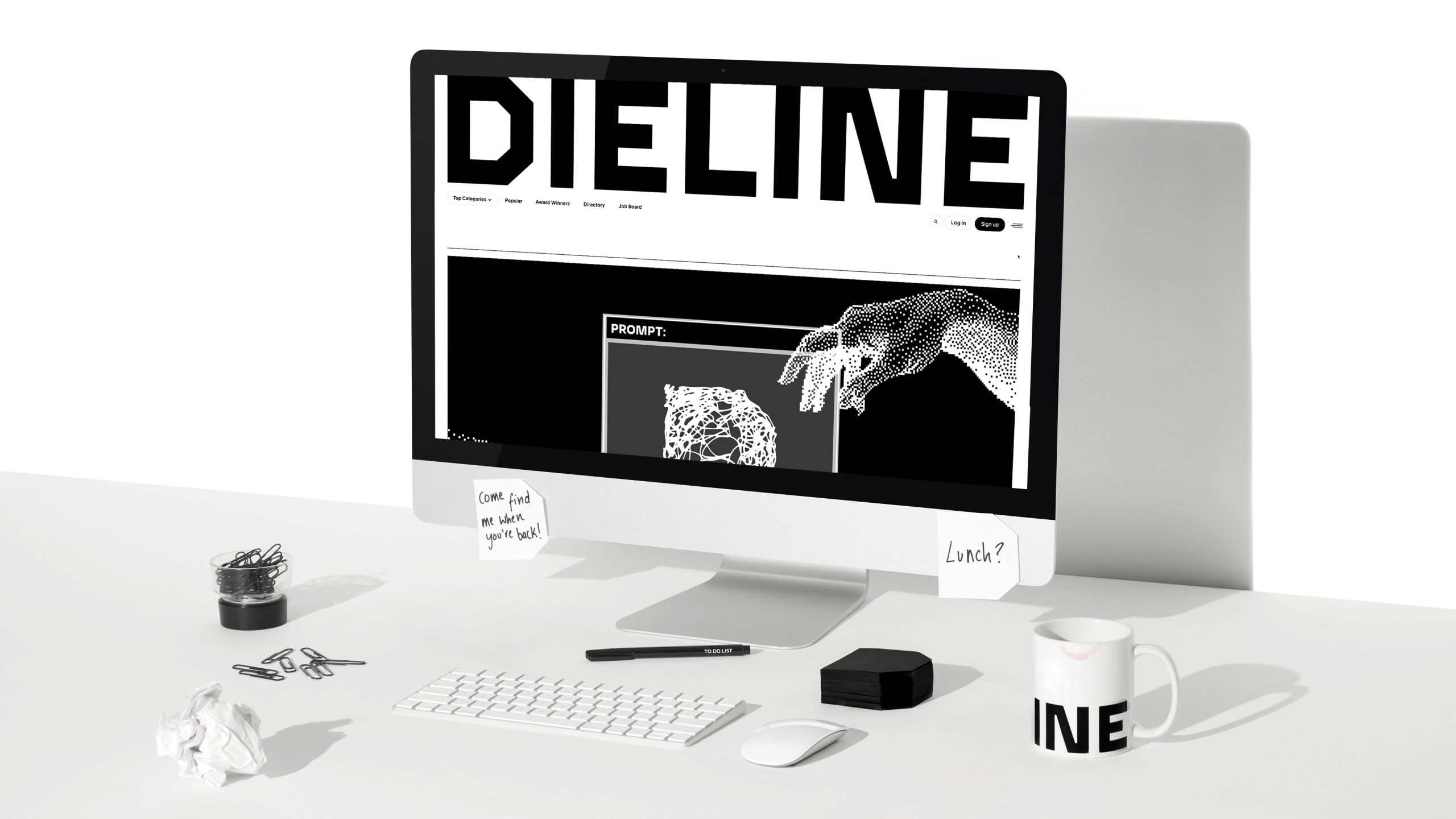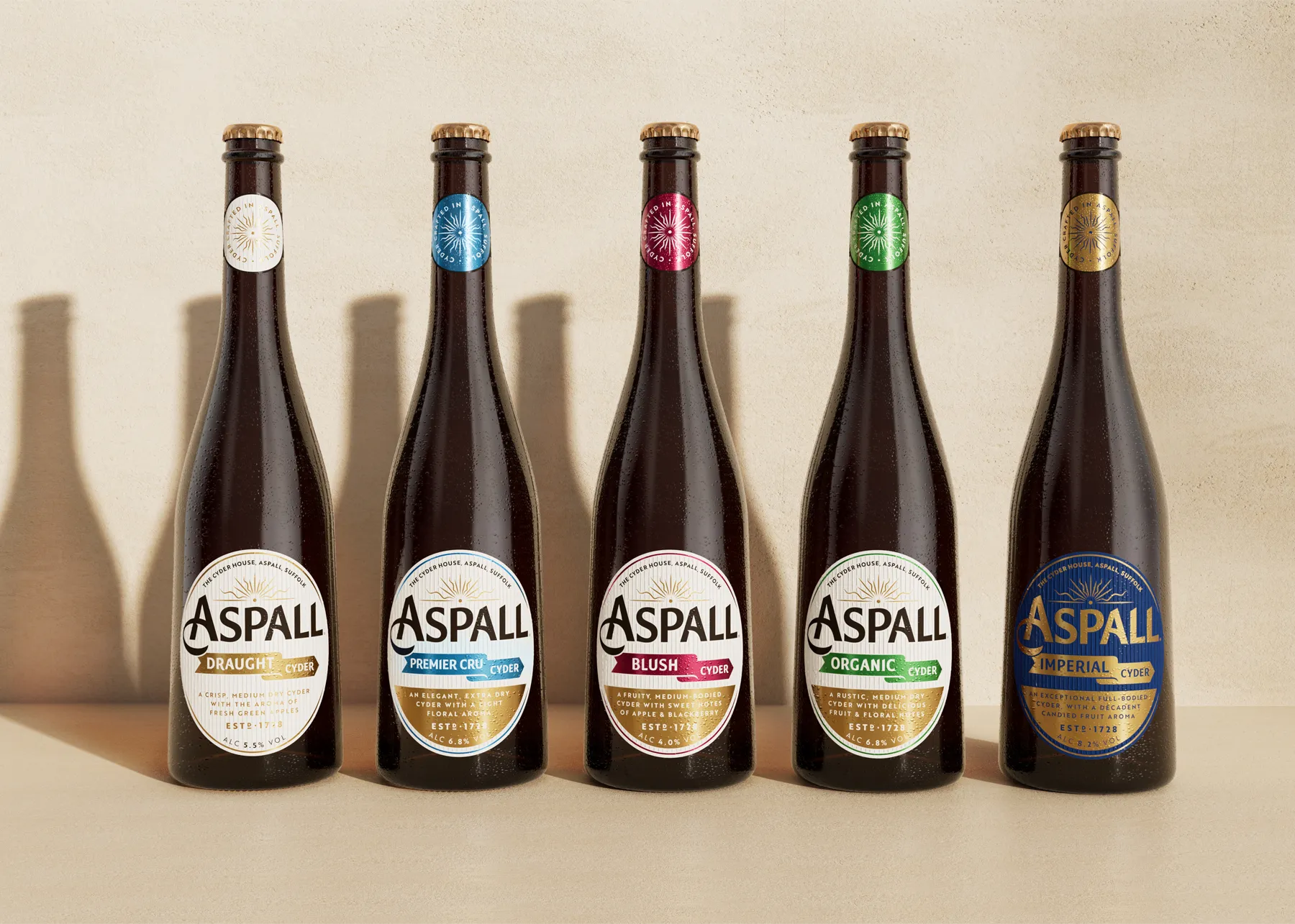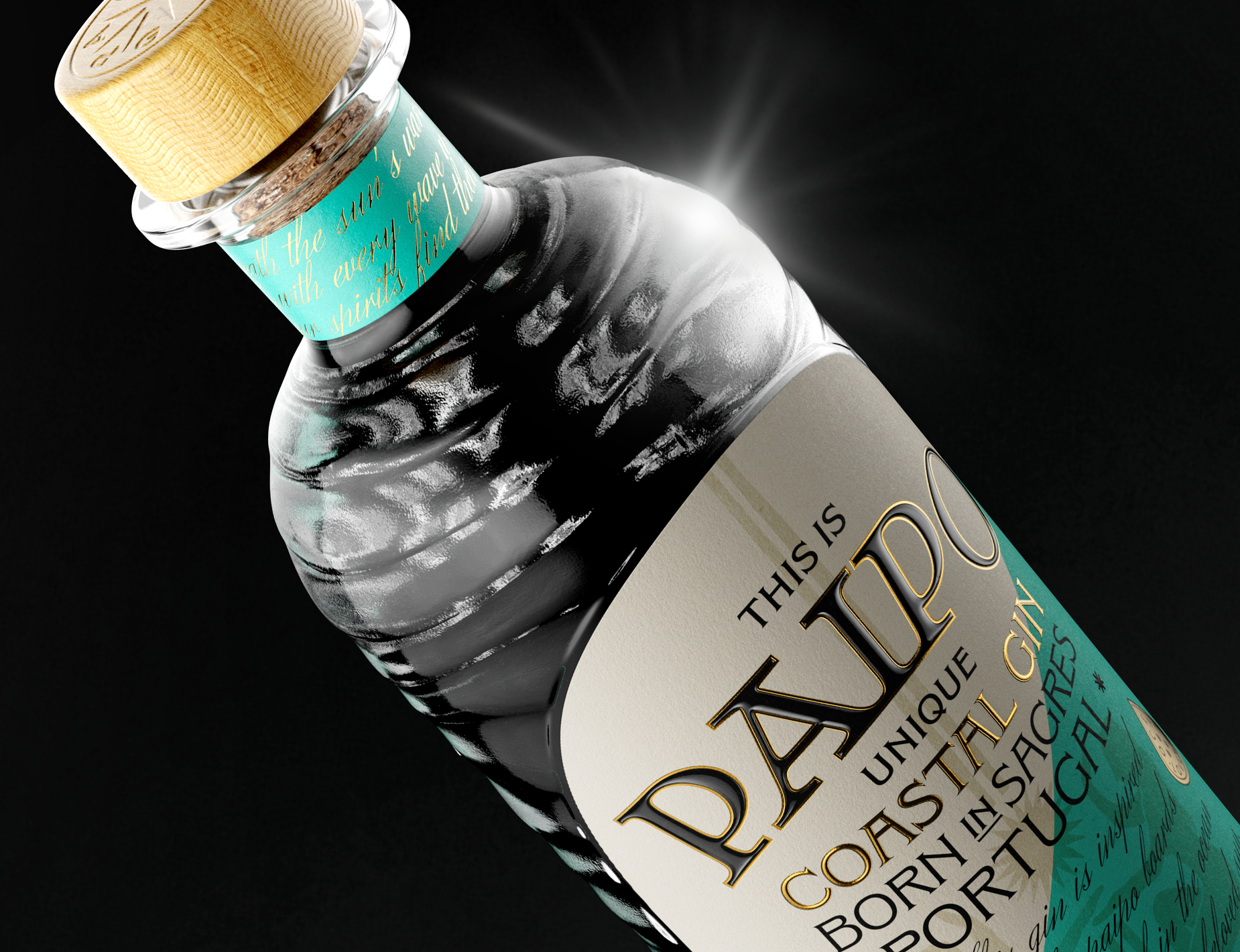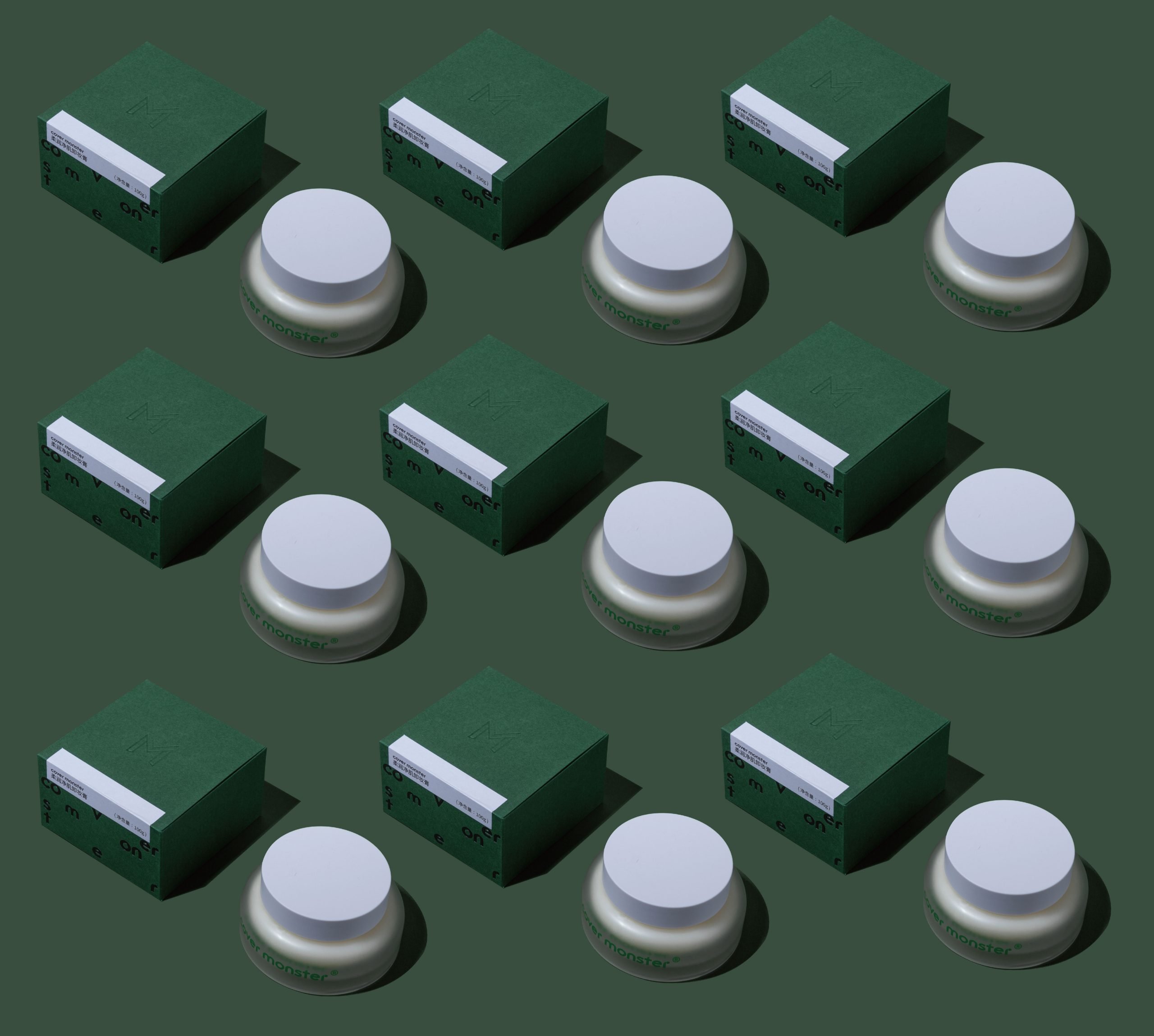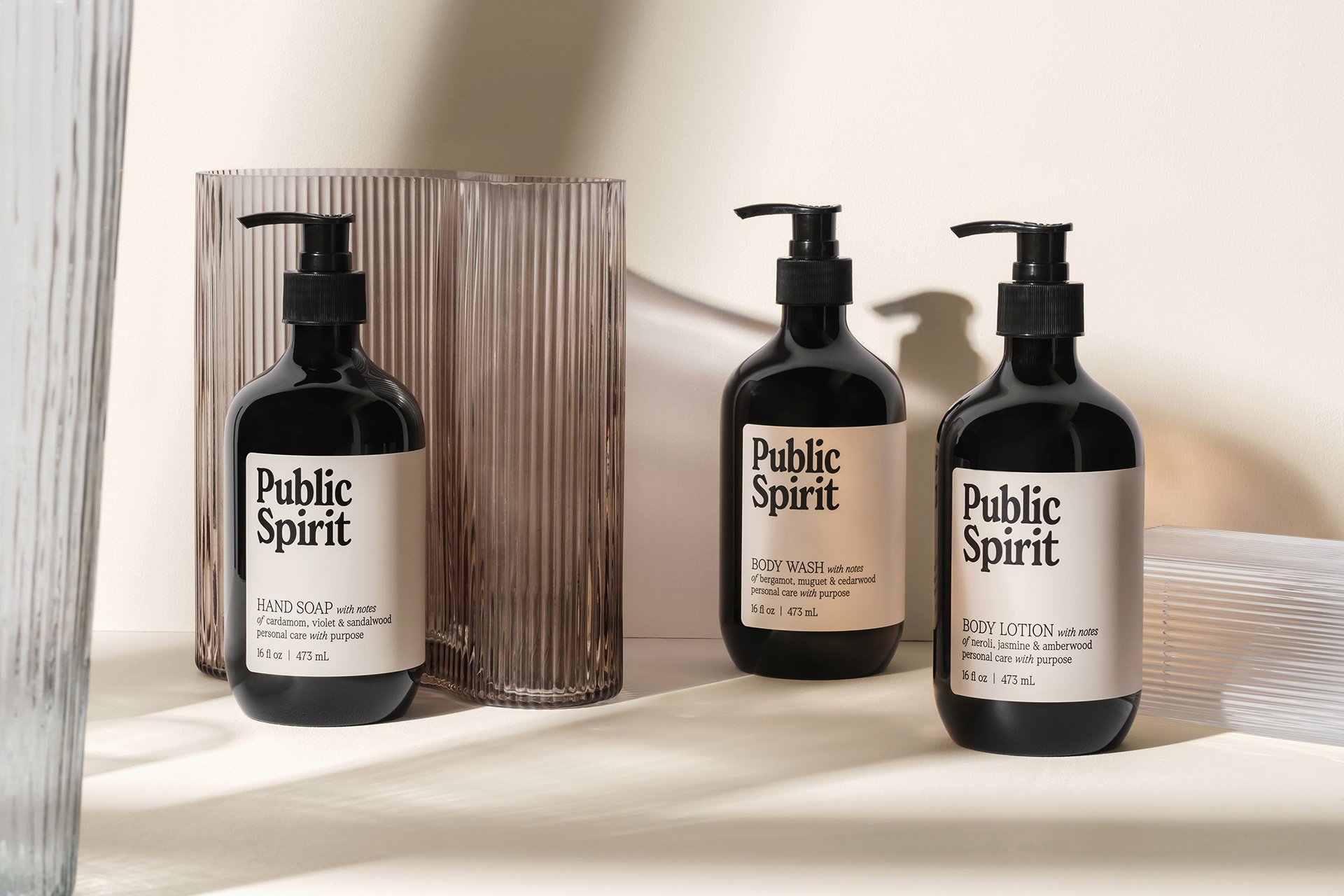
If hearing the question “paper or plastic” or looking at all of the packaging that comes inside your next-door neighbor’s weekly Blue Apron shipment is akin to a battalion of nails digging into the surface of a chalkboard, then Brooklyn’s Package Free Shop might just be what you’ve been waiting for.
Opened by Lauren Singer of the immensely popular zero waste lifestyle blog Trash is for Tossers and the founder of organic and vegan laundry detergent Simply Co., the Package Free shop is the one-stop specialized shop that can help folks transition to a low-waste lifestyle no matter the avenue they’re looking to conquer. Opened alongside her partner and the fashion designer behind Zero Waste Daniel, Daniel Silverstein, they met after Lauren was looking to purchase a sustainably made dress for her birthday that wasn’t a potato sack made from hemp.
Some months later, they had their serendipitous “aha” moment when Daniel was making clothes from cutting room scraps and couldn’t find a targeted customer for what he was designing. Lauren was having difficulty, not so much in living a zero waste lifestyle, rather she couldn’t find a one-stop shop for all of her needs as finding those products was often wildly inconvenient. They both looked at one another and asked, “have you ever thought about opening a store?”

The One-Stop Shop for Zero Waste
Uneasy about the prospect of jumping headfirst into being shopkeepers, they started the Package Free Shop as a pop-up store, mostly because they were worried no one would show up. By asking their carefully selected brands to contribute the products upfront and promising that they would keep 100% of the profits, they were able to launch the store without any crowdfunding whatsoever.
The first day they opened, they had a line out the door. They’ve since signed a 5-year lease.
Lauren was tasked with selecting more than 200 products that they would carry while Daniel handled vendor relations. It’s a perfectly curated mix of goods that feels both approachable and indispensable. For the kitchen, you’ll find Juco sandwich bags and airtight stainless steel containers. There’s bamboo toothbrushes and refillable dental floss if you want to avoid that all-too-common wallet-draining trip to Target. Need to stock up on cleaning supplies? There are reusable Swiffer pads and dishwashing brushes with compostable heads.
The Store’s many vendors also have to live up to the standards that Lauren and Daniel try to follow. When it came time to focus on what they intended to sell, Lauren wanted to sell the best and most sustainable product in its category
“I wouldn’t bring in a product that I wouldn’t use myself,” she says. “I want everything to be practical, useful, that replaces a single-use disposable item, and that enhance someone’s experience in life.
“I don’t think you have to compromise aesthetics to live sustainably, in fact, I think it’s just the opposite. I think a lot of the zero waste alternatives are exponentially more beautiful and sexy than their plastic alternatives. Even something as simple as a bamboo toothbrush looks leaps and bounds more attractive than a plastic toothbrush.”
With very few exceptions like the Lunette Menstrual Cup (because of federal regulations on hygienic products—though they’re shipped using compostable packaging), everything they sell is package-free and must be shipped to them using recyclable boxes and paper tape, an absolute must if you want Package Free to stock your wares.

“It’s harsh, but it’s redefining the foundation of what I believe businesses should really be doing,” Lauren says. “So many businesses have such good intentions, but don’t necessarily have the opportunity to speak to someone who’s so rooted in zero waste.” It’s a great way for a company to align themselves with their mission.
Wanting to stock the Go Pure Pod portable water filter, Lauren and Daniel almost had to reject the product outright because of the way it was shipped. The company came back and said they could ship directly from the manufacturer and forgo the wasteful packaging they were using instead. After this initial experience, it opened the company’s eyes as to how they were contributing unwanted waste to landfills and they ultimately decided to change their shipping methods across the board.
“A lot of brands want to do this but they don’t know how or have the impetus to do this,” she says. For Lauren, it’s another victory because ultimately, she wants to empower brands to help solve our pressing environmental issues.
For a store with an online shop, you might ask yourself how they can be package-free while also needing to ship their goods. Most of the packing material that they use for shipping comes from boxes that they received their shipments in. They also use 100% recyclable boxes sealed with paper tape. If they need to ship something super fragile, they’ll use 100% post-consumer paper to ensure it stays intact.

Wait…No Packaging? What?
“With a lot of packaging,” Lauren says, “it doesn’t need to exist and it’s completely unnecessary.” Designers naturally want to flex their creative muscles, but that often means creating a lot of product that could end up sitting in a landfill for hundreds of years.
“I have to ask myself constantly,” Lauren says, “is this necessary? Does this need to exist? Does this improve someone’s life or does it contribute to a greater problem that I’m trying to solve? It’s a hard conversation for a creative person to have that has an inherent drive to create something.”
For Lauren, it’s important that designers ask those questions when contemplating what packaging they’ll use, but she readily admits that there are a lot of wonderful things designers can do, especially when considering what types of materials will be used. She believes that all packaging should be biodegradable, and not just industrial compostable, but home compostable as well.
Lauren also believes that the best thing designers can do is embrace refill as the future. At the Package Free Shop, they have refillable laundry detergent, deodorant, and soap and there exists an opportunity to make containers much more ergonomic and eye-catching.
“Just think about the lifecycle of the product,” she says. “I always like to think that no matter whatever product I buy, I’m not just buying a product or supporting a company, I’m supporting an entire supply chain.” That applies of course to material and design choices. We all want to make something look cool, but what exactly are the ethics behind the products that we use? Whatever the material is, it still has to be extracted or milled, so how does that company treat their workers? Do they receive a fair wage?
“Everything has a backstory,” Lauren says. “Everything comes from some type of natural product or human process that should be investigated before utilizing it, whether it’s the glass that we use or a type of wood pulp, we have to ensure that we’re working with companies that have high standards of sustainability.”
Baby Steps
“There’s so much shit that exists that doesn’t need to exist,” she says.
As more and more consumers try to adopt a low-to-zero waste ethos, they can rest easy knowing that they’re doing their part to keep our landfills and oceans a little less weighed down by plastic. And while it might be impossible to eliminate waste from your life overnight, the Package Free Shop can certainly help shoppers take those first few baby steps.


